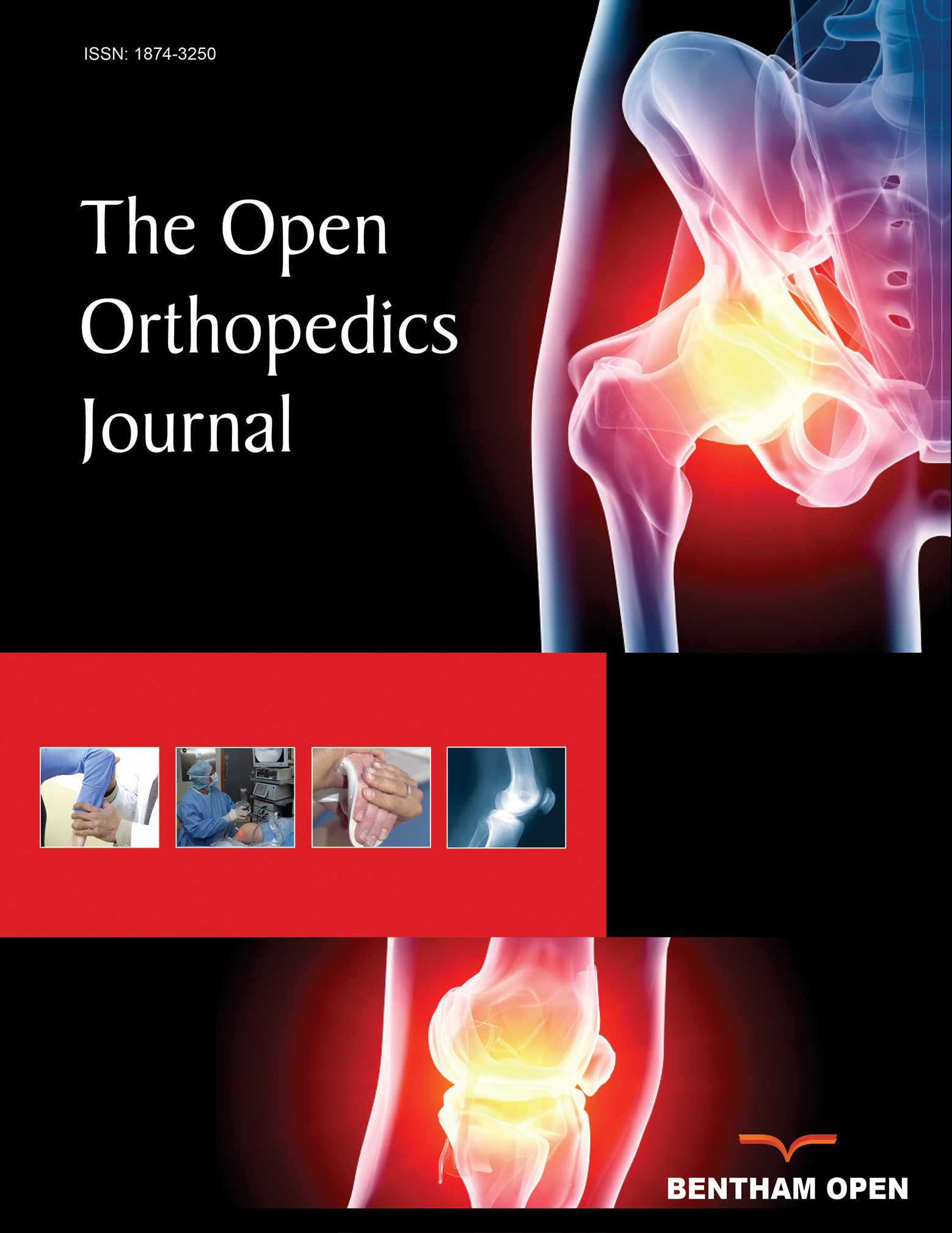All published articles of this journal are available on ScienceDirect.
Hip Arthroscopy in the Presence of Acetabular Dysplasia
Abstract
Purpose :
Hip arthroscopy is a well established therapeutic intervention for an increasing number of painful hip conditions. Developmental dysplasia of the hip (DDH) is commonly associated with intra-articular hip pathology. However, some surgeons perceive patients with hip dysplasia as poor candidates for hip arthroscopy. Our aim was to describe early outcomes of arthroscopic treatment for patients with DDH, who also had femoroacetabular impingement (FAI) treated when necessary, and to compare these outcomes against a control group of patients without DDH.
Methods :
Prospective case-control study of 68 consecutive hip arthroscopy patients assessed with a modified Harris Hip Score (mHHS) preoperatively and at six weeks, six months, and one year after surgery. Presence of DDH was determined using a standard anteroposterior (AP) pelvic radiograph to measure the centre-edge angle (CEA) of Wiberg, with a CEA < 20º used as threshold for diagnosis of DDH.
Results :
12 patients (eight female and four male) with acetabular dysplasia and mean CEA of 15.4º (9º to 19º). The control, nondysplastic group comprised 54 patients (23 females and 31 males) with a mean CEA of 33.1º (22º to 45º). All patients in the dysplastic group had a labral tear and 11 (91.7%) had associated femoral cam impingement lesion addressed at arthroscopy. Our study demonstrates a significant (p=0.02) improvement in outcome in the dysplastic group at one year using the mHHS.
Conclusion :
Hip arthroscopy in the presence of DDH is effective in relieving pain for at least one year after surgery although does not address underlying acetabular abnormality.


